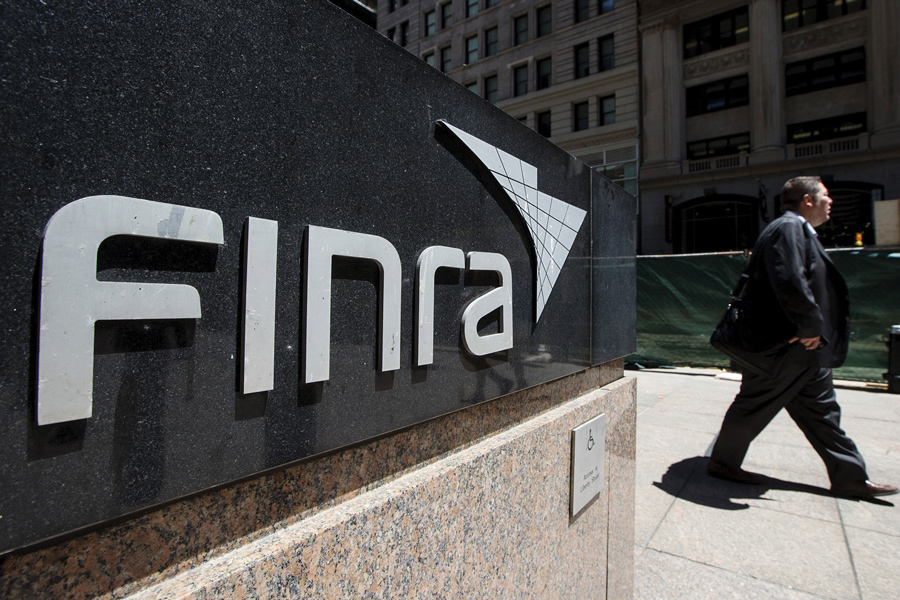

A Finra arbitration panel has ordered Memphis, Tenn.-based Wunderlich Securities to pay compensatory damages of $7 million and $2.8 million in interest to New York-based investment firm Dominick & Dickerman.
In the arbitration, attorneys for Dominick & Dickerman argued that Wunderlich committed common law fraud and negligent misrepresentation, violating the Financial Industry Regulatory Authority Inc.’s Rule 2010, which deals with fraud or deceit in connection with the purchase or sale of a security. Wunderlich acquired the wealth management business of Dominick & Dominick in 2015, after which the firm reverted to the name used at its founding in 1899.
“It’s rare for the Finra rule to be invoked when one firm acquires another, but it reflects the true nastiness of this catfight,” said an attorney not associated with the case who spoke on background.
When asked for details on the arbitration, James Henseler of Hughes Hubbard & Reed, attorneys for Dominick & Dickerman, declined to comment.
The arbitration panel also awarded $500,000, plus interest of $201,756, to Michael John Campbell, CEO of Dominick & Dickerman.
In addition, Wunderlich was required to pay Dominick & Dickerman $65,020 in costs and $818,778 in attorneys’ fees, as well as $2,500 to reimburse Dominick & Dickerman for nonrefundable filing fees.
In 2017, B. Riley Financial, a publicly traded investment bank in Woodland Hills, Calif., bought Wunderlich Securities for about $72 million in stock and cash. B. Riley also owns FBR & Co., the parent of Friedman Billings & Ramsey, a mid-market investment bank.

Integrated Partners is adding a mother-son tandem to its network in Missouri as Kestra onboards a father-son advisor duo from UBS.

Futures indicate stocks will build on Tuesday's rally.

Cost of living still tops concerns about negative impacts on personal finances

Financial advisors remain vital allies even as DIY investing grows

A trade deal would mean significant cut in tariffs but 'it wont be zero'.
RIAs face rising regulatory pressure in 2025. Forward-looking firms are responding with embedded technology, not more paperwork.
As inheritances are set to reshape client portfolios and next-gen heirs demand digital-first experiences, firms are retooling their wealth tech stacks and succession models in real time.
